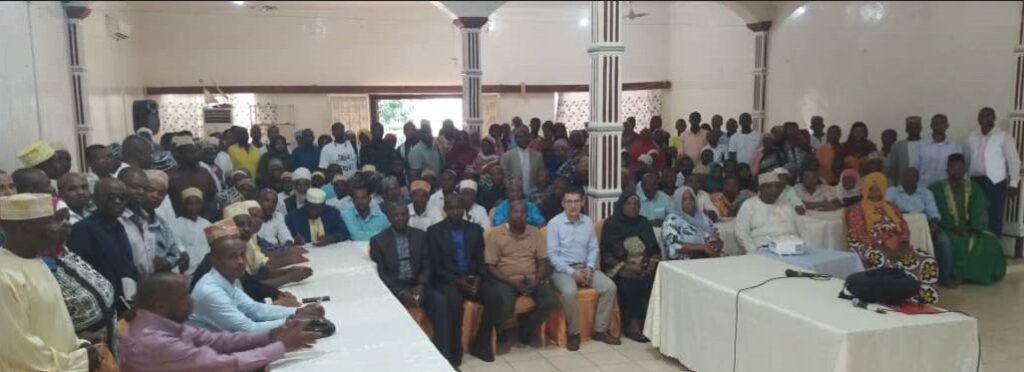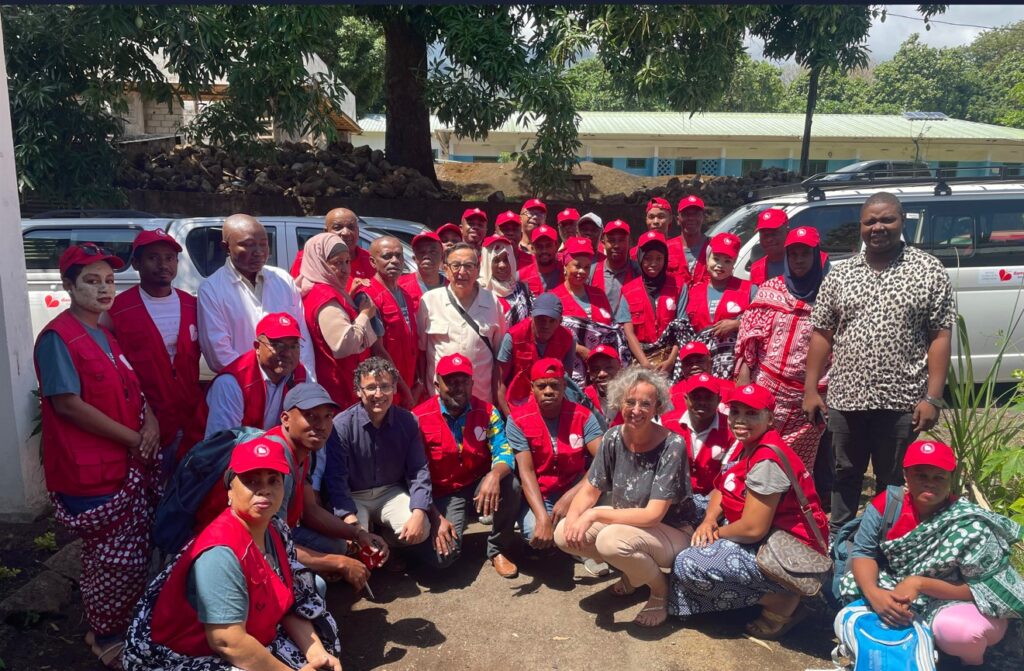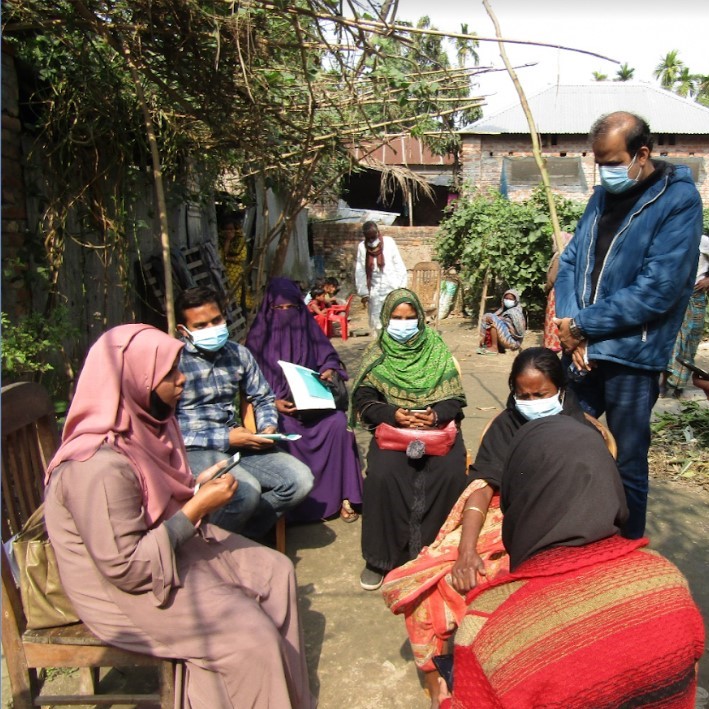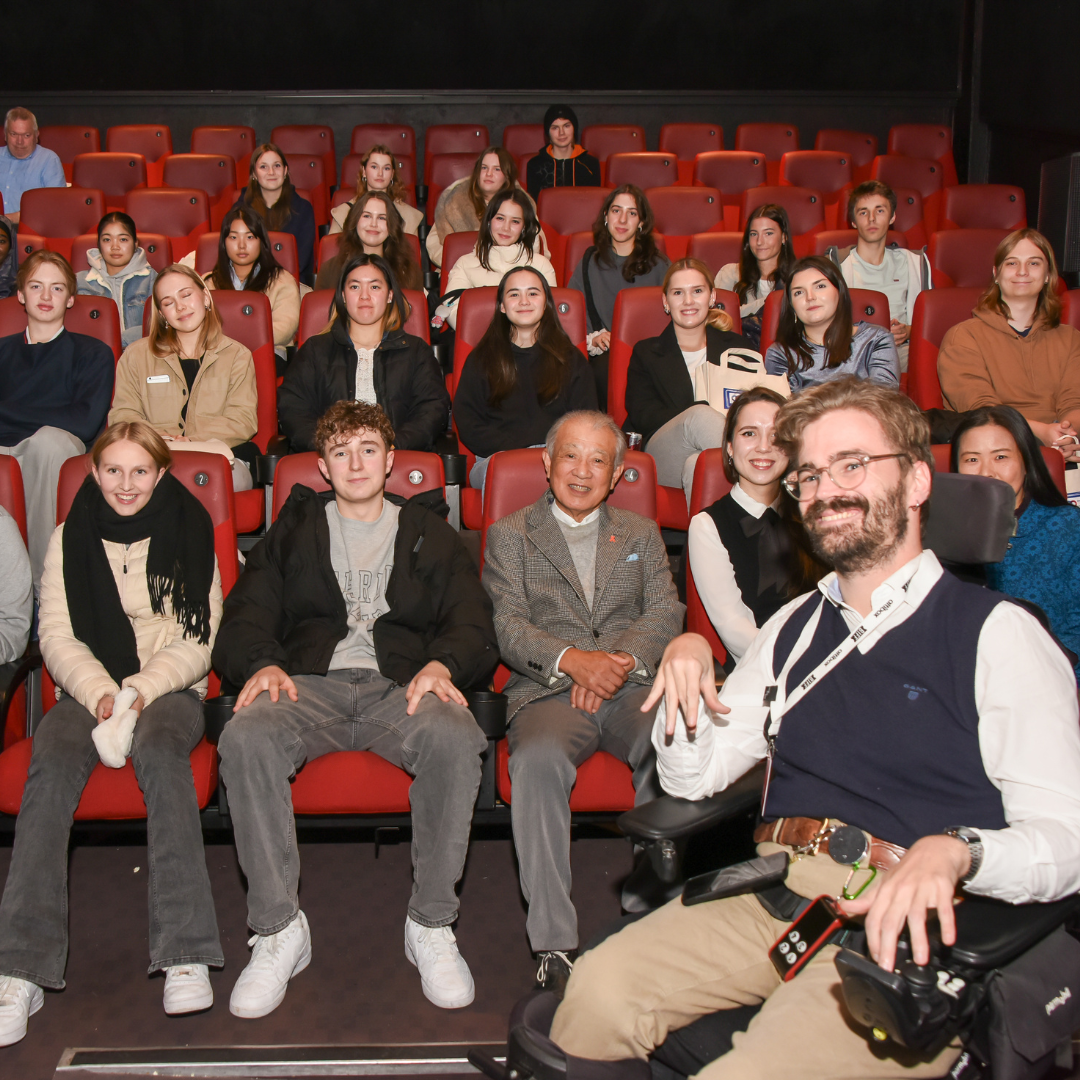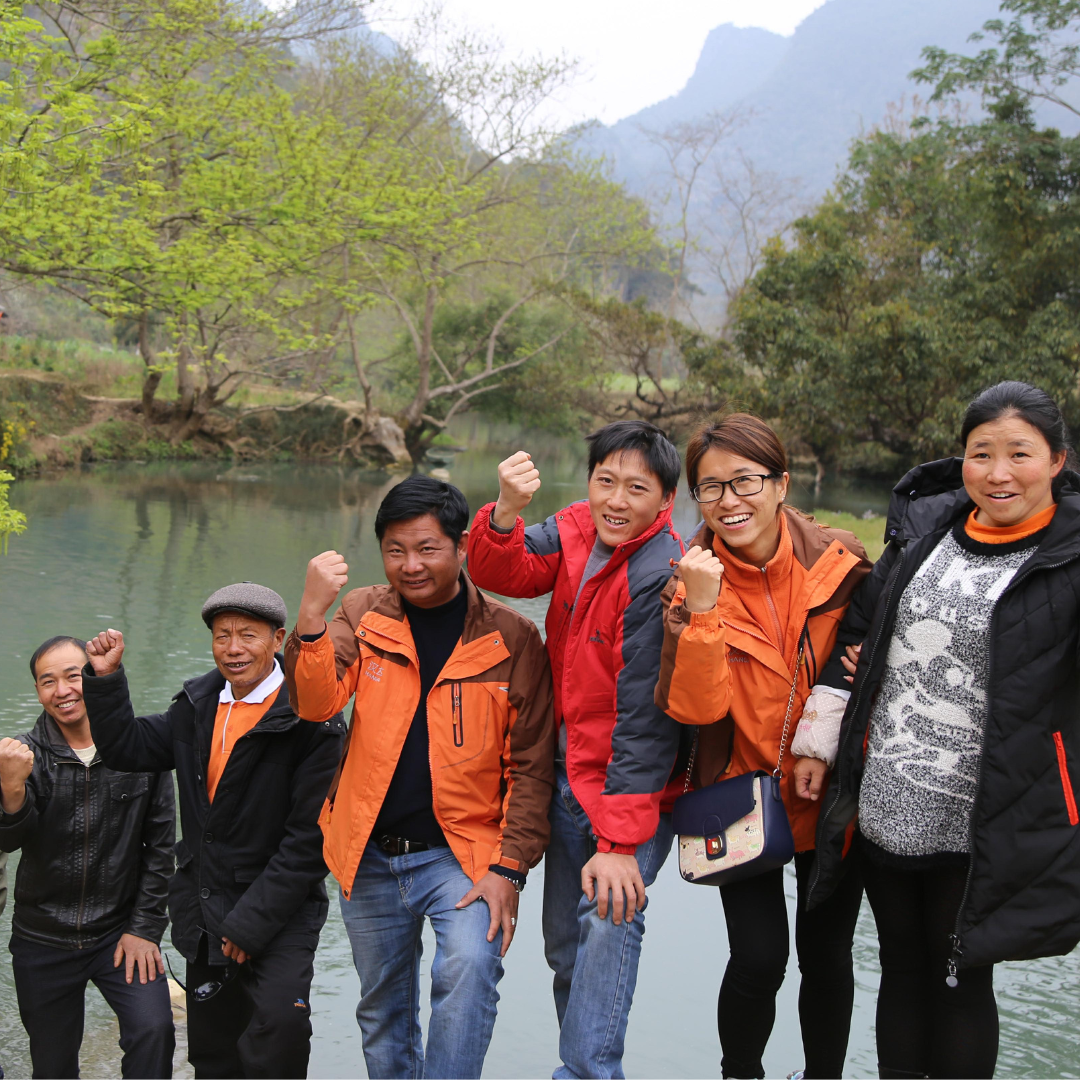
Dr. Aya Tobiki
Chief Program Officer
Sasakawa Health Foundation
Aya Tobiki is in charge of the Sasakawa Health Foundation’s medical program and history preservation program for Hansen’s disease. She holds a doctoral degree in Policy Studies.
The Union of the Comoros is an archipelago island nation in the Indian Ocean’s Mozambique Channel, which separates Madagascar from mainland Africa. In 2022, the country’s population of approximately 837,000 people had 263 new cases of leprosy, of which 76 (28.9%) were child cases.¹ Adjusted to per million population, the new case detection rate becomes 314.2, which is much higher than the comparable rates of Brazil (91.2), India (73.3), and Indonesia (45.2), the three countries with the highest number of new cases. Comoros is a highly endemic country with one of the highest rates of infection in the world.
The sovereign state comprises three main islands: Ngazidja, Mwali, and Nzwani, known internationally by their French names as Grande Comore, Mohéli, and Anjouan. Currently, the government is organized as a federal presidential republic, with a president leading Comoros as head of state and government and three governors in charge of the islands. Of the three islands, Anjouan has the highest number of leprosy patients, with a new case detection rate per million population of 530.

When WHO Goodwill Ambassador for Leprosy Elimination Yohei Sasakawa visited Comoros in 2018, he observed the high proportion of child patients and evidence of severe poverty firsthand. The following year, in 2019, The Nippon Foundation (TNF) and the Sasakawa Health Foundation (SHF) supported the Comoros Ministry of Health through the World Health Organization (WHO) to launch a leprosy elimination campaign to detect cases and treat them with multidrug therapy. This Maxi-Leprosy Elimination Campaign (Maxi-LEC) was developed and implemented under the committed leadership of President Azali Assoumani. At the launch ceremony, he declared that Comoros would achieve elimination of leprosy as a public health problem by 2025.
According to WHO, “The campaign achieved massive community mobilization resulting in the screening of around 25,000 persons (7% of the total population of Anjouan), and doubled leprosy annual detection from 275 new cases of leprosy in 2018 to 600 new cases in 2019.”²
The Maxi-LEC as well as other smaller scale campaigns that were carried out through WHO with support from TNF and SHF have covered 34 of Anjouan’s 101 villages. Active case finding has also been carried out separately by the Damien Foundation, a Belgium-based organization with over 40 years of experience fighting leprosy in the Comoros islands, in 34 other villages. ³
As of the start of 2024, there were 33 remaining villages where no active case finding was taking place. Aiming for island-wide screening of Anjouan, SHF and the Damien Foundation commenced collaboration in March 2024 to conduct active case finding in 15 of the remaining villages for a three-year period concluding in April 2027.
According to the Damien Foundation, past case detection data indicates that, in 2019, door-to-door screening found 39.86 new cases per 10,000 population (41% child cases) compared to 13.75 new cases per 10,000 population (10% child cases) detected through campaigns. The conclusion based on this data is that, in Anjouan’s villages, door-to-door screening is a more effective method for finding new cases.
In cooperation with the Ministry of Health, five teams of community health workers and nurses have started conducting door-to-door screenings under the supervision of a central medical team. Families that have one or more persons diagnosed with leprosy are receiving a nutrition kit that provides about six months’ worth of staple food. The hope is that the kit will help to reduce progression of the disease in those who have been infected and incidence of disease in their close contacts.
The project launched with a ceremony on March 9. Approximately 150 people attended the event, including Dr. Nimer Ortuño-Gutiérrez, Medical Advisor, Damien Foundation; Dr. Younoussa Ansoumani, Comoros Branch Representative of the Damien Foundation; and the honorable guests of Dr. Zaidou Youssef, Governor of Anjouan; Dr. Aboubacar Said Anli, Secretary General of the Ministry of Health; Dr. Aboubacar Mzembaba, National Coordinator for Leprosy and Tuberculosis; Dr. Diarra Abdoulaye, WHO Representative for Comoros; village chiefs; and medical personnel. Goodwill Ambassador Sasakawa sent a video message in which he expressed his respect and gratitude for the dedication of the Damien Foundation and the Ministry of Health along with his wish for Anjouan to become a model case showing that zero leprosy can be achieved. He is counting on the dedication of the people involved in the project and the commitment of Anjouan’s leaders to bring the benefits of early detection and treatment to as many infected persons as possible.
This project will help to establish a rhythm of early detection and early diagnosis in the 15 villages and will increase the percentage of Anjouan’s villages participating in active case detection activities to over 80%. SHF hopes that this project will assist the Union of the Comoros as it moves forward along the path toward zero leprosy.
¹ World Health Organization, “Global leprosy (Hansen disease) update, 2022: new paradigm – control to elimination,” Weekly epidemiological record 98, no. 37 (September 15, 2023): 409–430.
² “Leprosy elimination in the Comoros,” World Health Organization, last modified November 15, 2019, https://www.who.int/news-room/feature-stories/detail/leprosy-elimination-in-the-comoros.
³ This includes the PEOPLE (Post Exposure Prophylaxis for Leprosy in the Comoros and Madagascar) project and BE-PEOPLE (Bedaquiline enhanced exposure prophylaxis for Leprosy in the Comoros) projects conducted by Damien Foundation.
